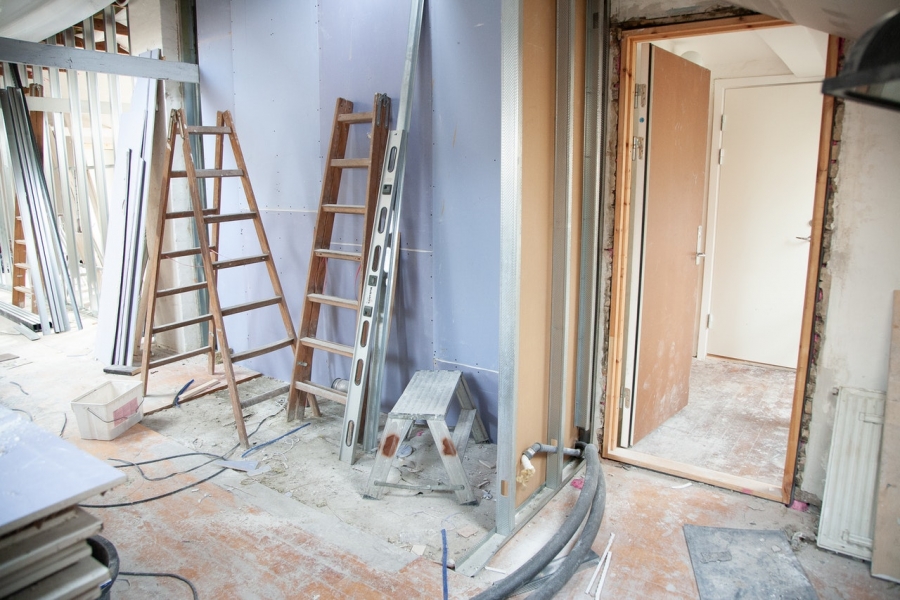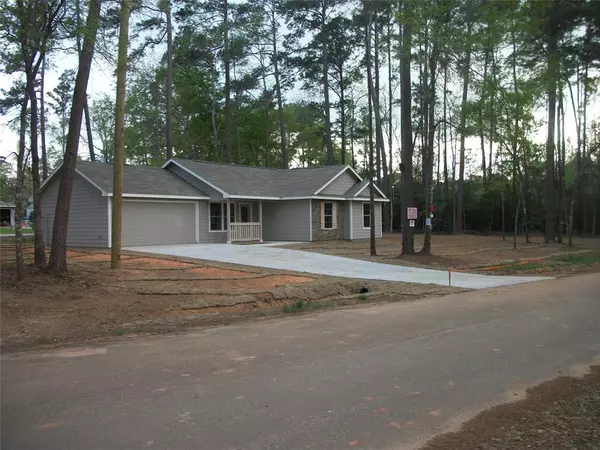Demolition Day Realities Written by PJ Wade

Demo Day is cast as the “fun” part of renovation and construction thanks to HGTV.
Trashing and slashing. Kicking down drywall. Tearing kitchen cupboards off the wall, ripping out toilets…. Owners and celebrity reno stars wielding sledge hammers and power tools, trying to outdo each other. That carefree assault on a dated home makes demolition look easy and lots of fun.
Whether you are considering demolishing to save money before the contractor comes in or in preparation for tackling the whole renovation yourself, stop, think, and get ready.
Treat demolition as the separate job that it is. Some companies ONLY do demolition, so why do you think you can take a one-time shot at this and have everything go smoothly and professionally?
Safety is the number one goal and approach for professional demolition.
Old buildings may contain toxic chemicals and hidden dangers. Lead is in paints and pipes, and asbestos is in tiles, wallboard, and pipes. Once ignored during demolition, asbestos contamination has given rise to a pre-demo abatement industry, which minimizes the impact of this significant respiratory threat.
If you’re going to DIY-demo a kitchen, bathroom, garage, fireplace, or the whole house, make safety your first concern:
1. Lurking Hazzards:
Is there asbestos or lead in the materials to be disturbed and removed? The age of the building and its renovations are the first clues. When in doubt, test flooring, walls, ceilings, and pipe wrappings. The risks from asbestos arise when it is damaged or disturbed, so that asbestos fibers become airborne and can be inhaled. How will you dispose of any toxic waste?
2. Work Smart:
Does everyone involved know how to be safe around power equipment and heavy tools like crowbars and sledgehammers? Please don’t assume that each helper knows how to be aware of what is happening around them when demolishing floors or walls.
3. Safety First:
Is there enough properly fitting safety equipment—steel-toed work boots, safety glasses, masks, and work gloves—for everyone? Flip-flops and shorts are not advisable. Full-coverage, snug-fitting shirts and pants protect from gouges and rusty-nail scratches.
4. Secure The Site:
Is the site safe? Is the power turned off? Are “No Trespassing” signs posted? Is the site fenced and secure to keep kids, pets, thieves, and the curious out? Theft on work sites is an expensive problem in some areas.
5. In Control:
Is everyone sober? Intoxication or having a “buzz on” compounds danger and the risk of personal injury. Who’s in charge? Who will catch mistakes before they happen and anticipate accidents to prevent them?
6. Plan For Success:
Take the time to do this properly. Undoing construction work is not as easy as smashing it to pieces. Take a close look at the structure and materials to be demolished before you start anything physical. Which way do the joists run? Which walls are structural? What are the walls composed of—lathe and plaster, shiplap, drywall…? What could cause problems? What could go wrong? Is there anything you want to protect and preserve? Check with your insurance broker to confirm you are covered for all liabilities before you begin.
Note of Caution: If you have a mortgage, you promise to keep the property in good repair until the mortgage is repaid. This protects the lenders’ investment in your property. Will your demo mean your mortgage could go into default?
7. Be prepared:
Do you have a first-aid kit on hand? Are you or at least one of your crew trained in CPR and basic first aid? Is your phone always fully charged in case an emergency arises?
Yes, safety comes first, but before you begin, make sure you are working on the right project. Are you demolishing enough or too much?
You decide you want a new bathroom, but since you have to upgrade all the plumbing in that room, perhaps it makes sense to renovate the bathroom above it, too. Or even expand the demo to include the adjoining kitchen. Or are you getting carried away and losing sight of your original goals and budget?
Sometimes a more extensive job may be more cost effective, so invest time talking to contractors, architects, interior designers, and real estate professionals (they’ve seen it all—the good, the bad, and the ugly) to learn what should and could be done before you start! Saving money takes forethought. Savings and safety are both critical to successful demolition.
Before demolition begins, study your budget, including contingencies, time constraints, and available help. Finalize your project design and draw up plans. Everything from ordering materials to arranging permits to getting buy-in from neighbors should be in place before the demo begins.
Don’t be fooled into thinking demolition is easy. Poorly executed, this crucial construction phase can demolish your dreams and your budget!
Categories
- All Blogs (66)
- #FundayFriday (1)
- 55+ Communities (3)
- Barndominium (2)
- Barndominiums vs Traditioonal Home (1)
- Buyers (35)
- Celebrity Chefs (1)
- Down Payments (2)
- Exterior Projects (4)
- Farm and Ranch (1)
- First-Time Buyers (30)
- First-Time Sellers (13)
- Flipping Homes (6)
- Holiday Cooking (1)
- Holidays (1)
- Home Improvements (22)
- Home Maintenance (8)
- Home Safety (1)
- Homeowners (10)
- Housing Market (36)
- Houston Living (1)
- Interest Rates (8)
- Interior Projects (6)
- Kithens (3)
- Living in Texas (1)
- Local Business (1)
- Money Saving Tips (22)
- Mortgage/Financial (27)
- Moving (2)
- Negotiating (6)
- New Home Builds (3)
- New Home Construction (3)
- Outdoor Projects (8)
- Painting (5)
- Questions for your Realtor (1)
- Recipes (1)
- Remodling (8)
- Renovations (8)
- Sellers (18)
- Senior Living (2)
- Shop Local (1)
- Small Business (1)
- Style of Homes (1)
- Taxes (2)
- Trends (10)
- Veterans (2)
- Weekly Talking Points (1)
Recent Posts












